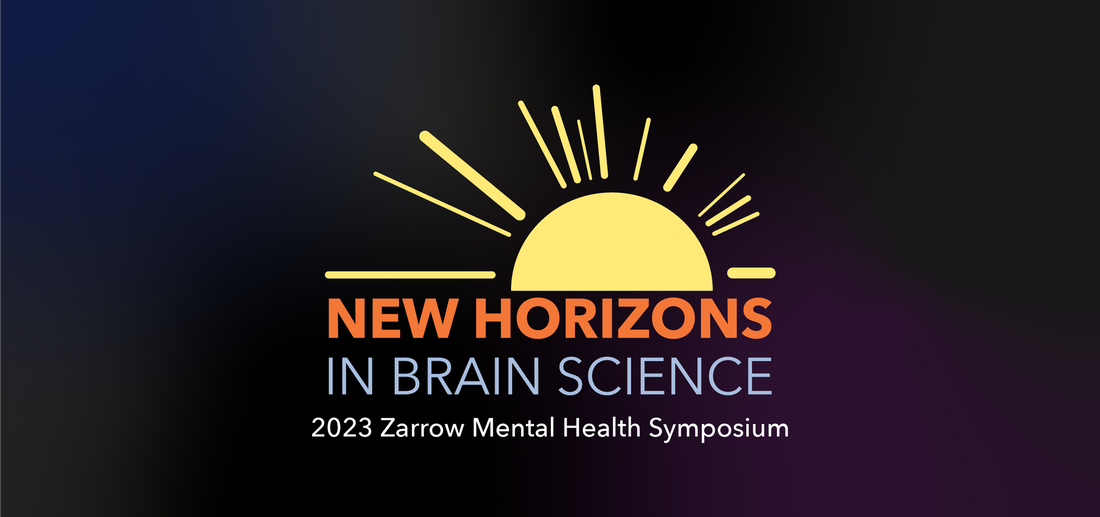 As a postdoctoral research scholar at LIBR, Dr. Hannah Berg, Ph.D. is dedicated to investigating the brain basis of decision-making in clinical anxiety. The long-term goal of this work is to provide insights that will help clinicians deliver more effective interventions. Dr. Berg’s clinical training in the treatment of obsessive-compulsive disorder (OCD) has inspired her to develop a program of research focused on OCD and its characteristic behavior patterns. What is OCD?
OCD is a mental health disorder that affects people of all ages and walks of life, and involves a cycle of obsessions and compulsions. Obsessions are unwanted, intrusive thoughts, images, or urges that trigger intensely distressing feelings. Compulsions are behaviors an individual engages in to attempt to get rid of the obsessions and/or decrease distress. More information about OCD, as well as resources for treatment, can be found at iocdf.org. What is your research study about? We are investigating the brain basis of various types of decision-making in individuals with and without OCD. The aim of this study is to better understand how compulsive behaviors arise in some individuals but not others. How is the study being conducted? Participants will undergo an initial evaluation for eligibility. Eligible participants will be asked to complete questionnaires about their emotions and experiences, followed by a series of computer tasks involving decision-making. Brain images will be obtained using functional magnetic resonance imaging (fMRI). Why do you want to conduct this research? Treating OCD has been one of my favorite parts of my job. I am consistently impressed by the bravery and vulnerability that patients show when they enter treatment, and it is immensely rewarding to help someone experience freedom from obsessions and compulsions. However, our gold-standard treatments for OCD, including exposure and response prevention (ExRP) and medications, are only effective for about 50-70% of patients. By shedding light on compulsions, I hope that this research will lead to improved treatments for OCD. In particular, ExRP involves a detailed understanding of what a patient thinks and feels before, during, and after they engage in compulsions. To the extent that this research study can help clinicians understand the brain states and psychological states that lead to compulsions, it will lead to more effective delivery of ExRP. Furthermore, insights from this study may lead to the development of new treatments, including psychotherapies, medicines, and neuromodulatory approaches that offer relief from OCD. Are you looking for participants? We will be recruiting participants beginning in November 2023! This is a pilot study, so we plan to recruit a relatively small number of participants, including individuals with and without OCD. If you are interested in participating, you can contact our assessment team here.
0 Comments
Several LIBR researchers will be participating as speakers in the 2023 Zarrow Mental Health Symposium "New Horizons in Brain Science" organized and hosted by the Mental Health Association Oklahoma on September 20-23, 2023. Register to attend the virtual conference here. Wednesday, September 20th, 20239:00am - 10:30am Neurobiology and Eating Disorders Speakers: Scott Moseman MD, CEDS Sahib Khalsa MD, PhD 11:30am - 1:00pm Practical and Neuroscientific Perspectives of Behavioral Therapy Speakers: Robin Aupperle, PhD Elisabeth Akeman Hannah Berg, PhD Thursday, September 21st, 202312:45pm - 1:45pm A Window Into the Depressed Brain Speakers: Leandra Figueroa-Hall, PhD, MSc, BSc Kaiping Burrows, PhD Friday, September 22nd, 202312:45pm - 1:45pm
Focused Ultrasound: An Emerging Neuromodulation Tool Speakers: Salvador Guinjoan, MD, PhD Aki Tsuchiyagaito, PhD |
Archives
July 2024
Categories
All
|
VISIT LIBR6655 South Yale Ave. Tulsa, OK 74136
918.502.5100 | [email protected] |
|
© 2009-2024. All Rights Reserved. Laureate Institute for Brain Research
Site powered by Laureate Institute for Brain Research


 RSS Feed
RSS Feed